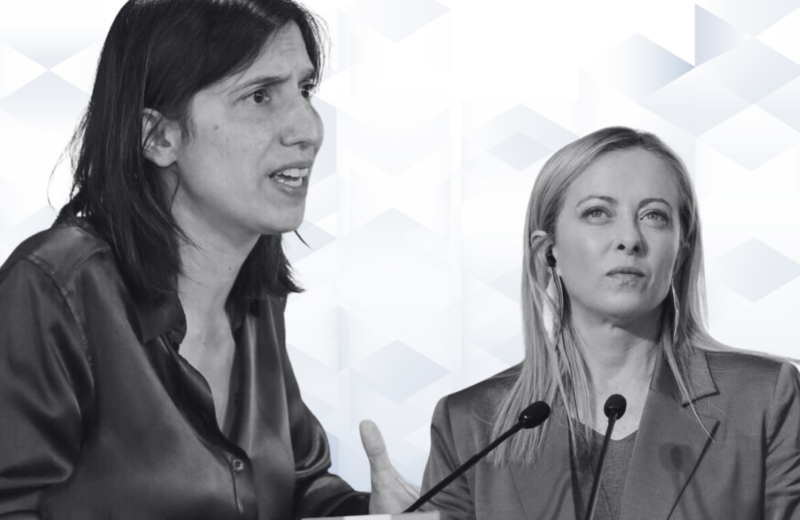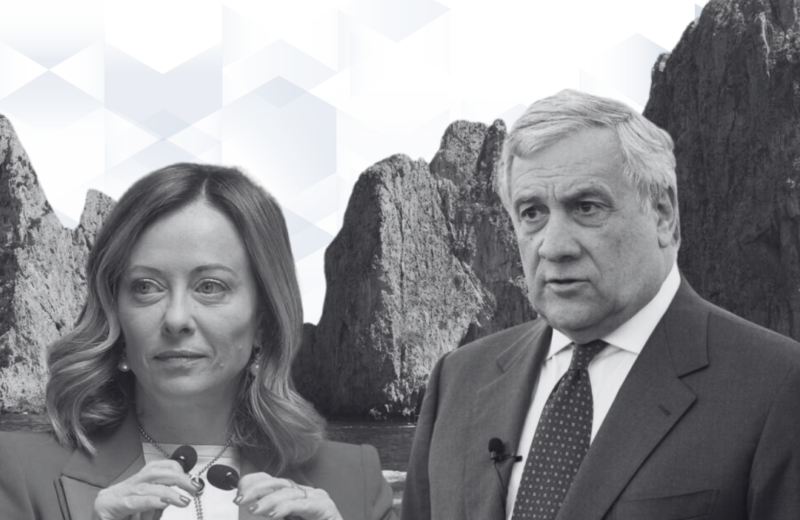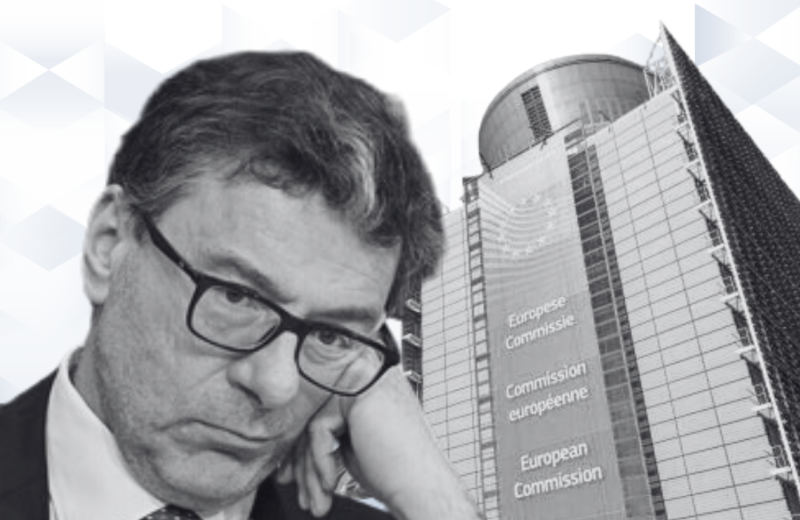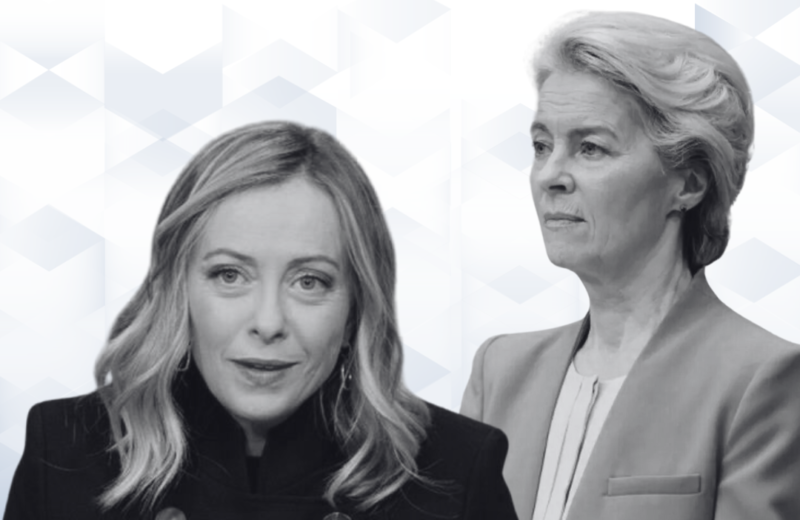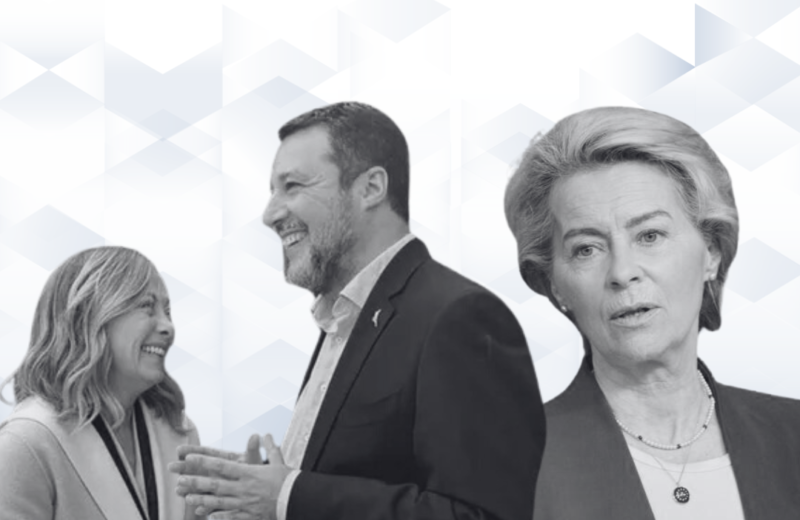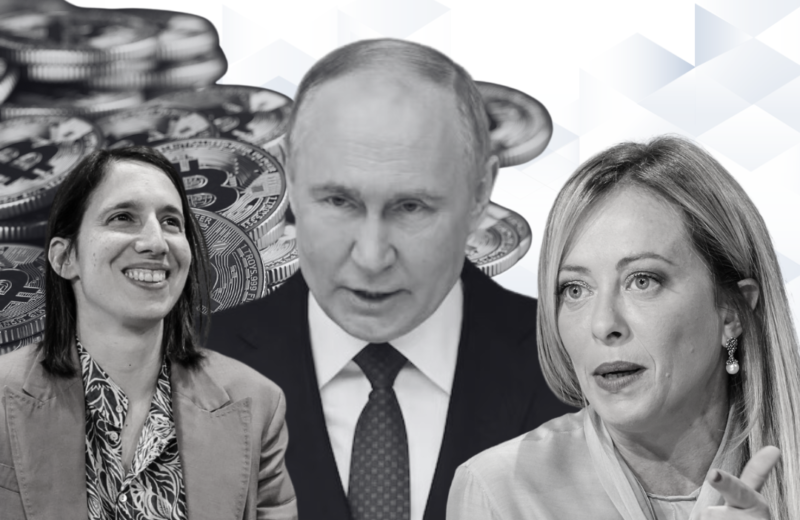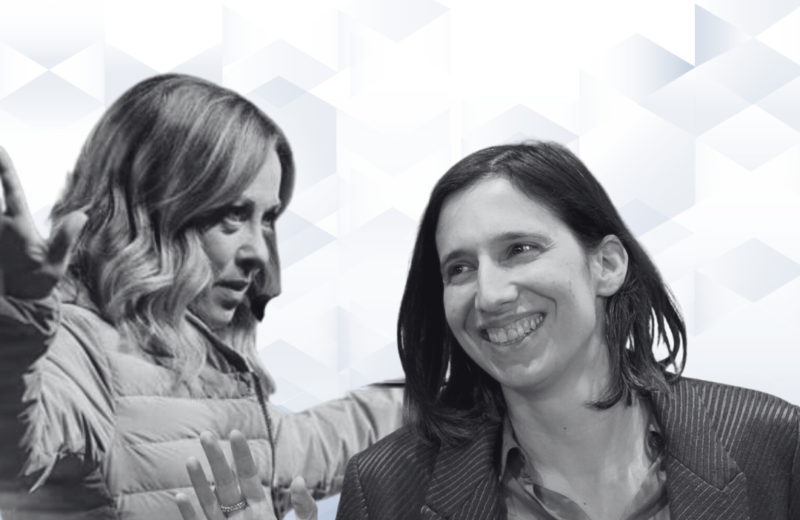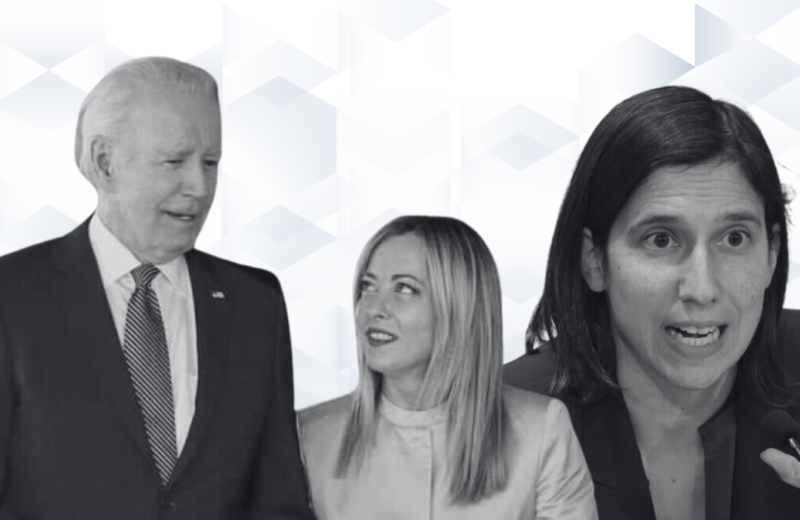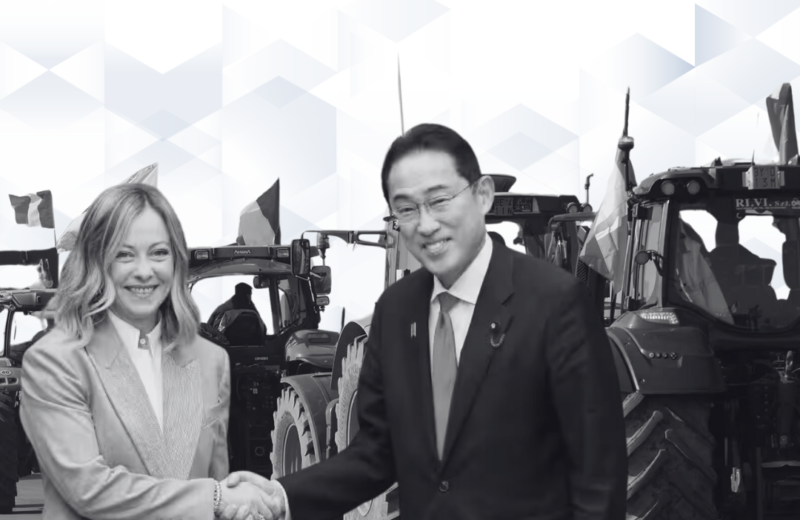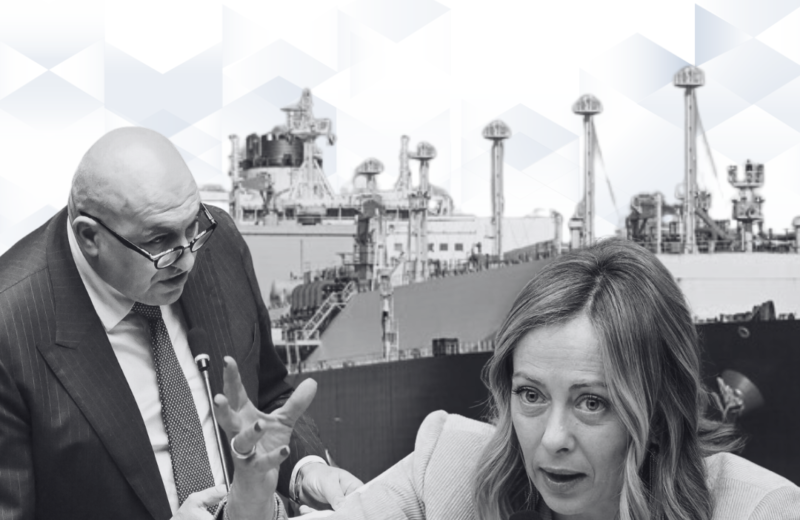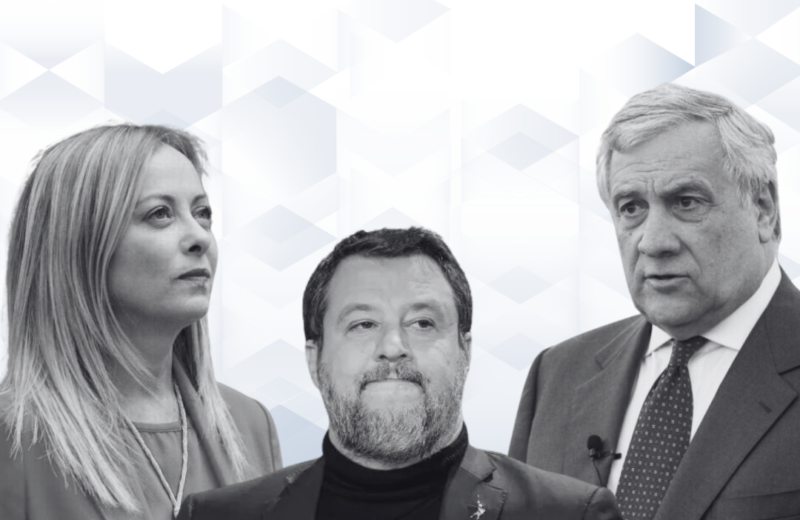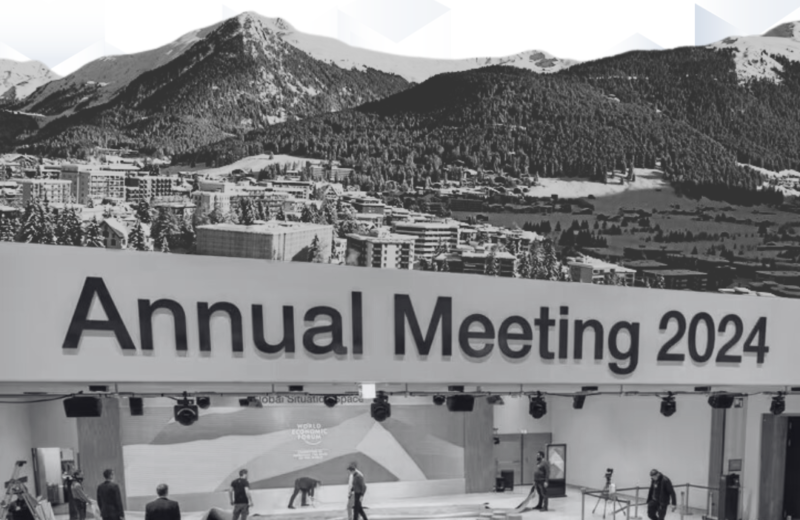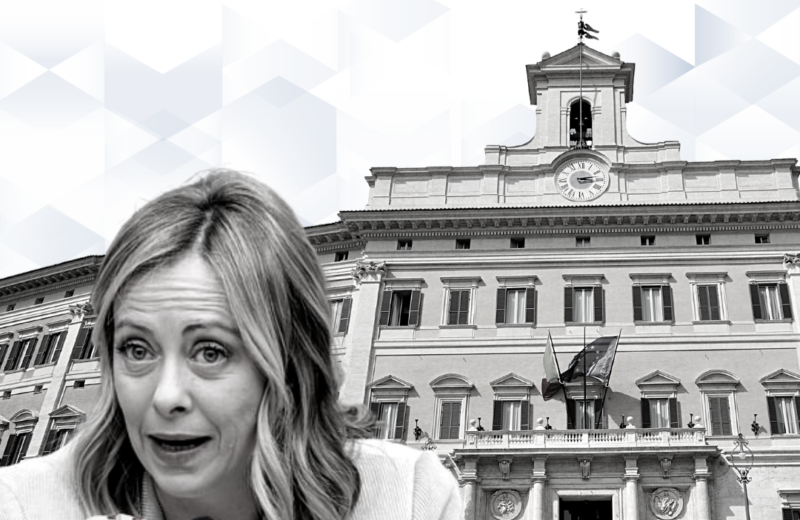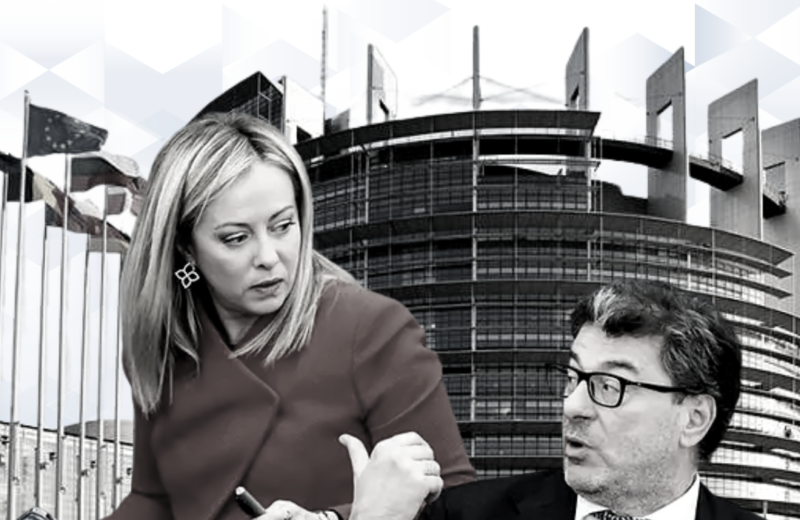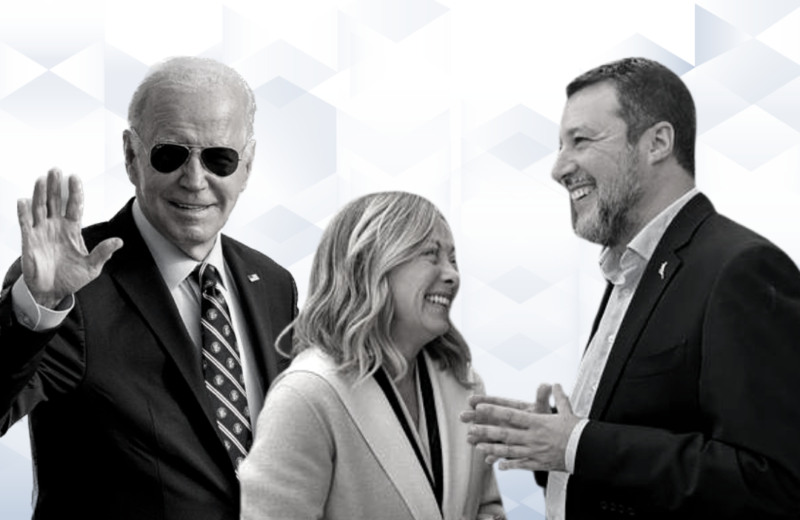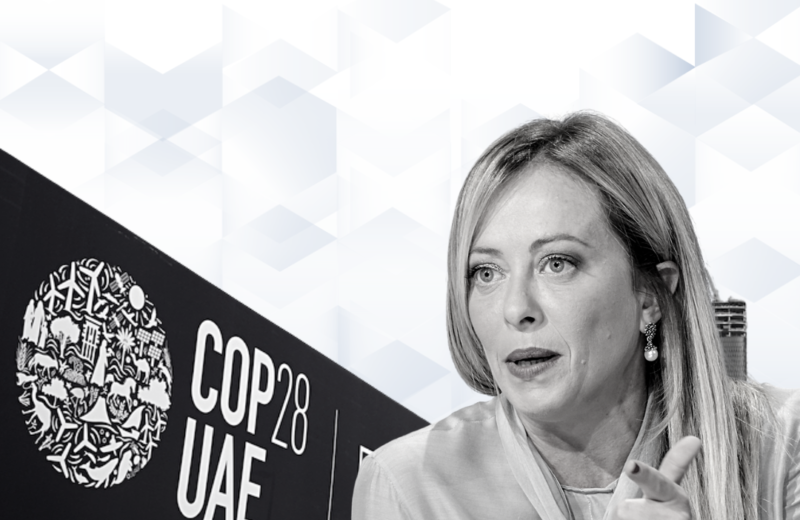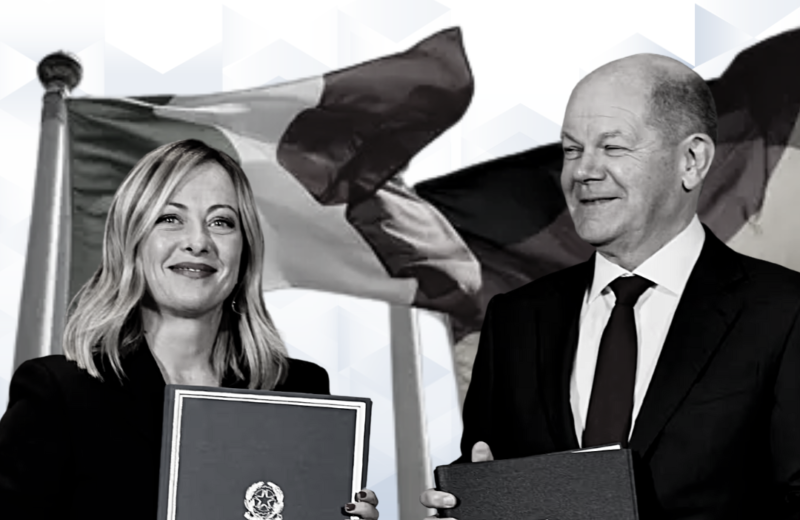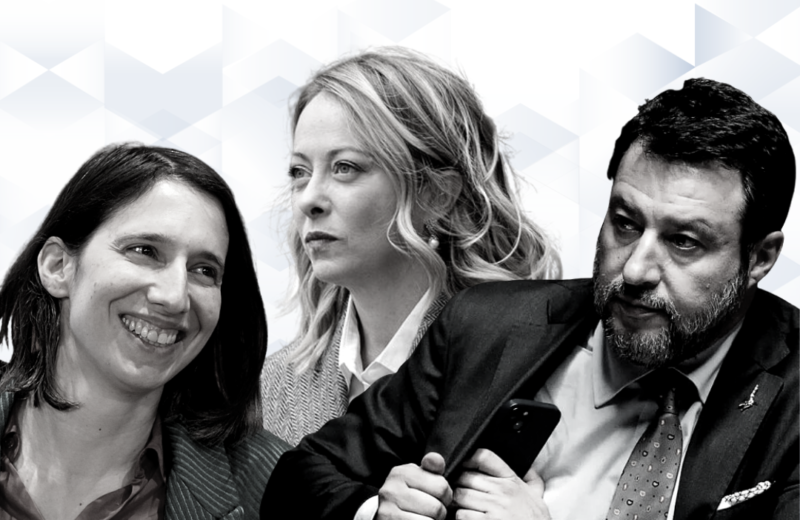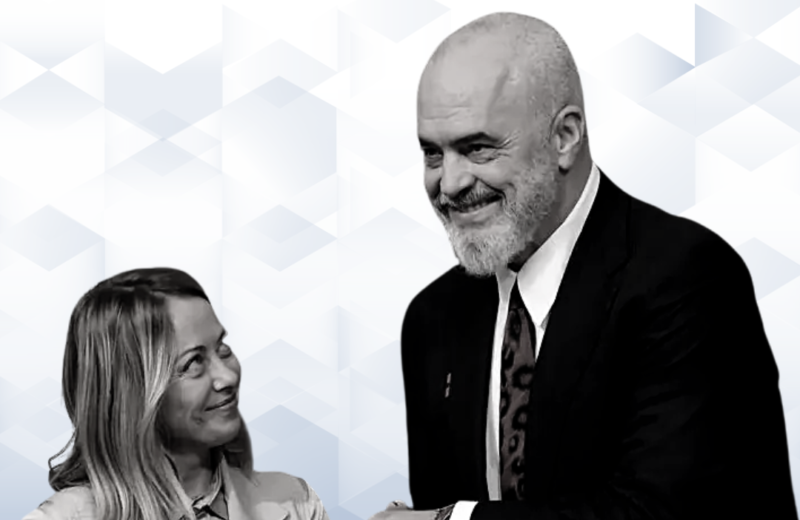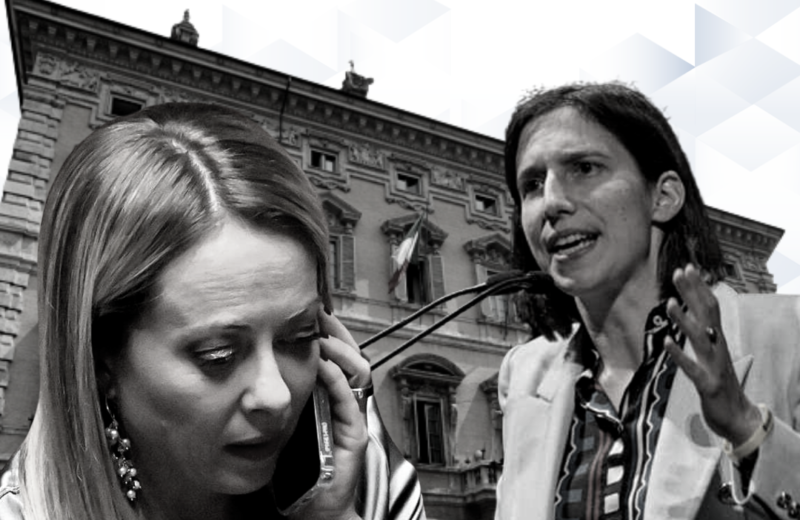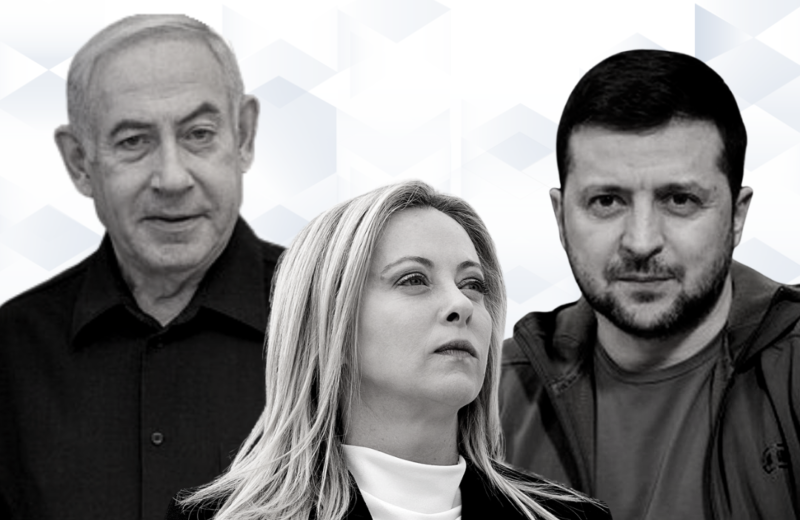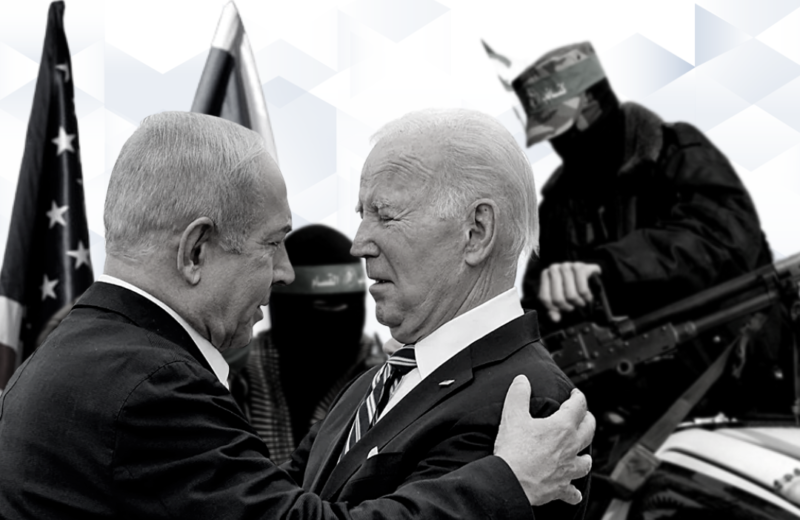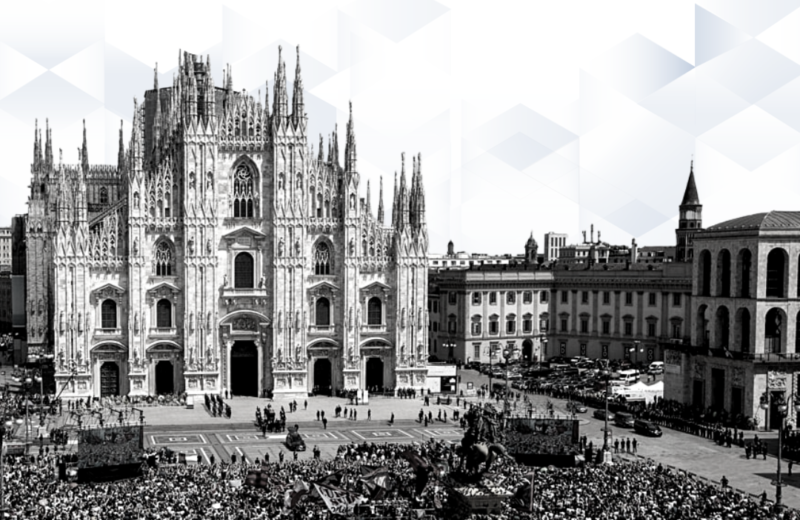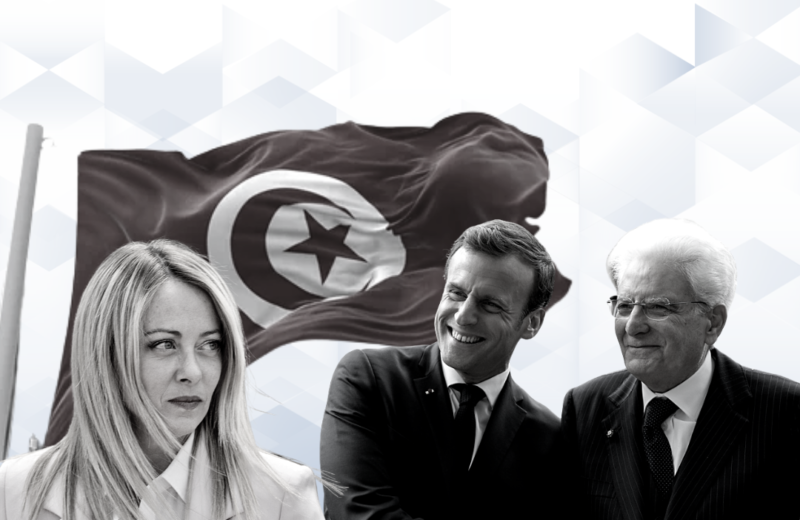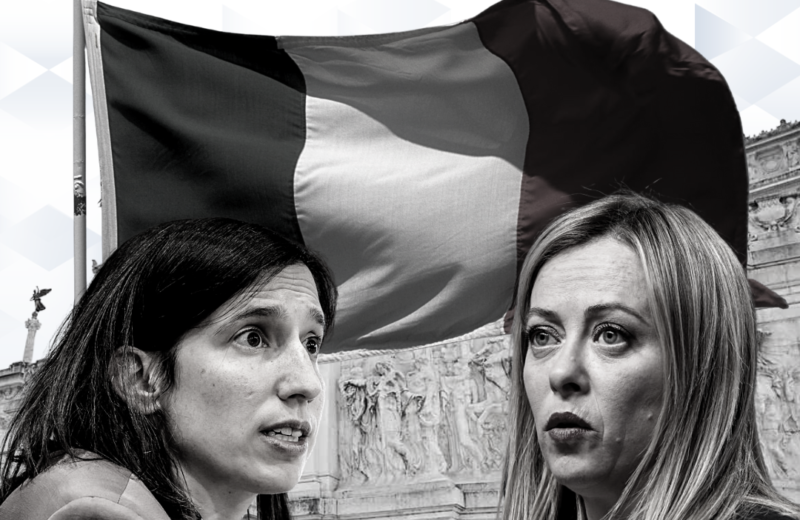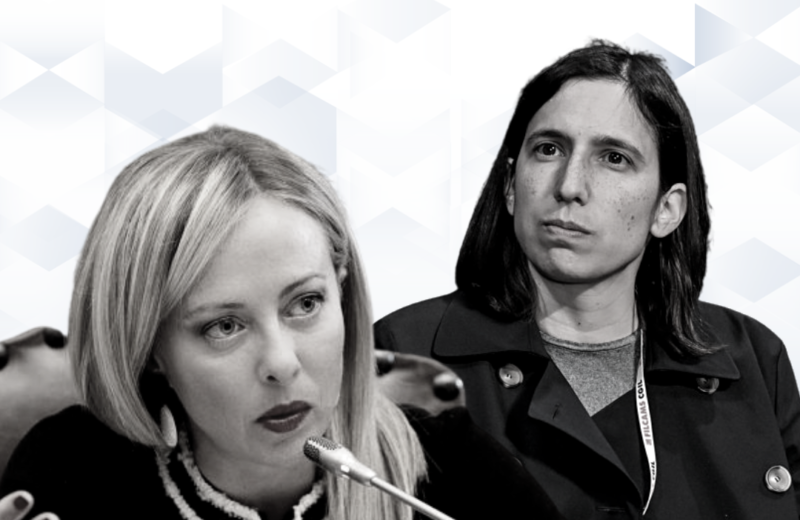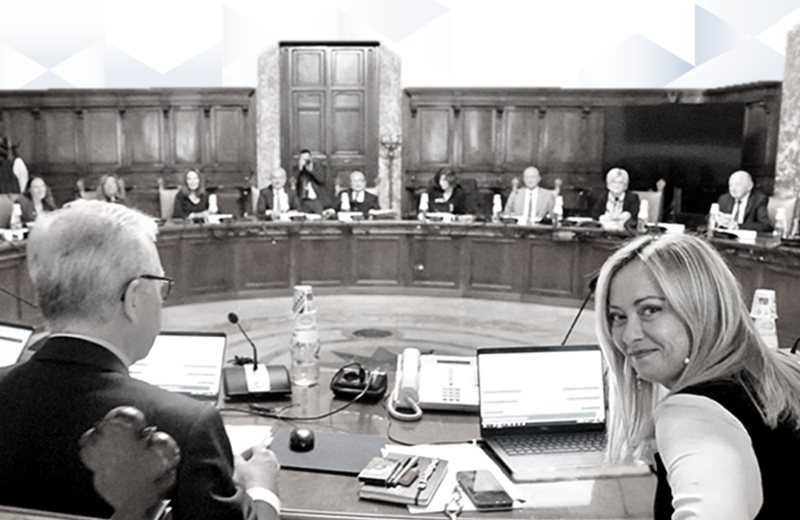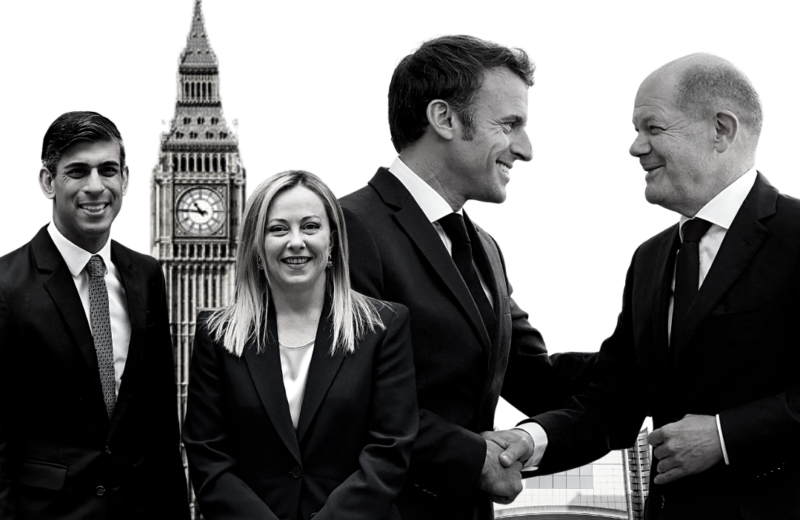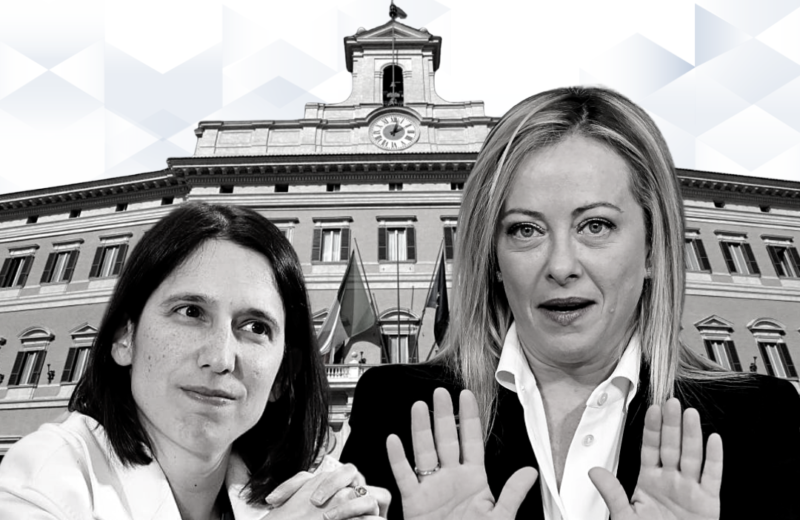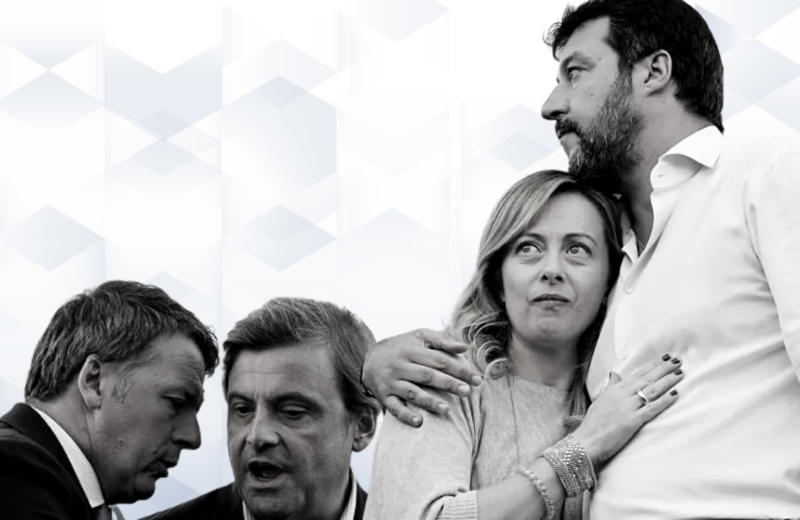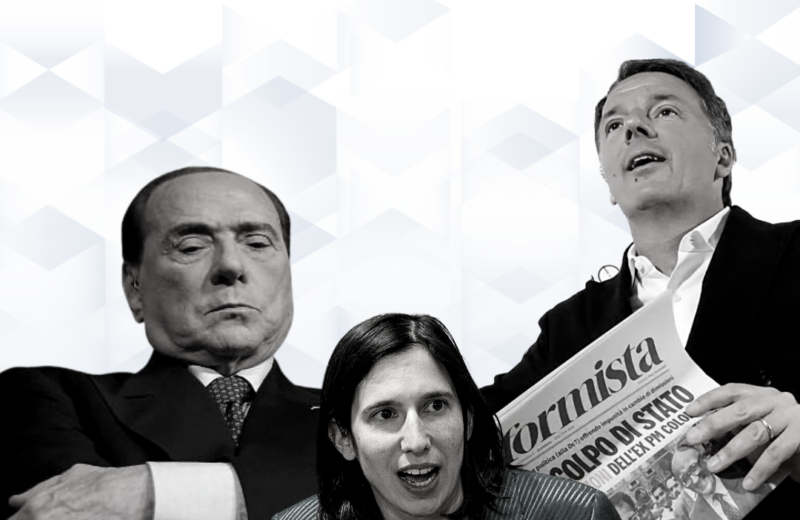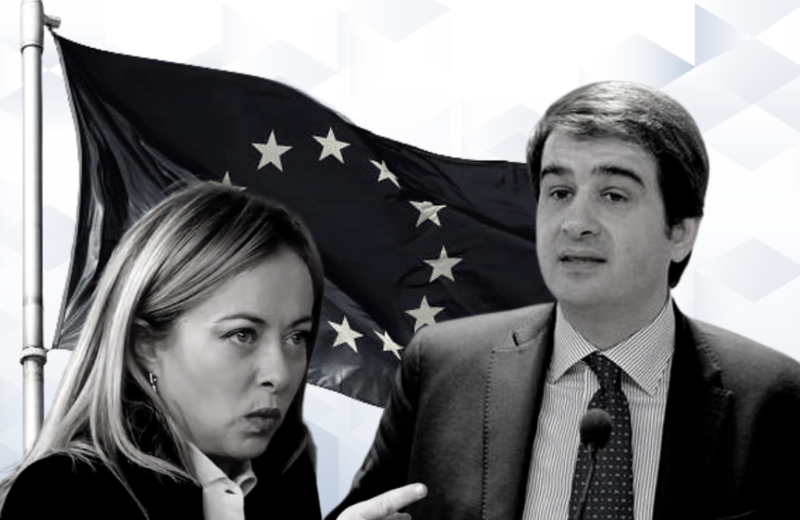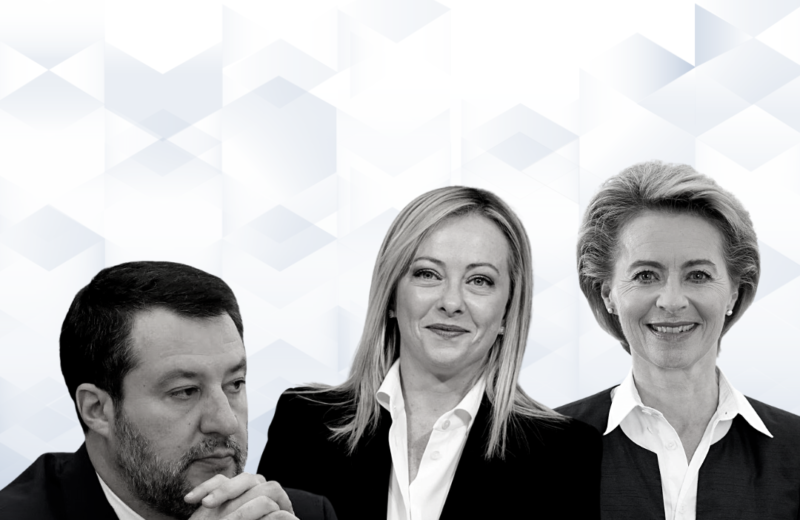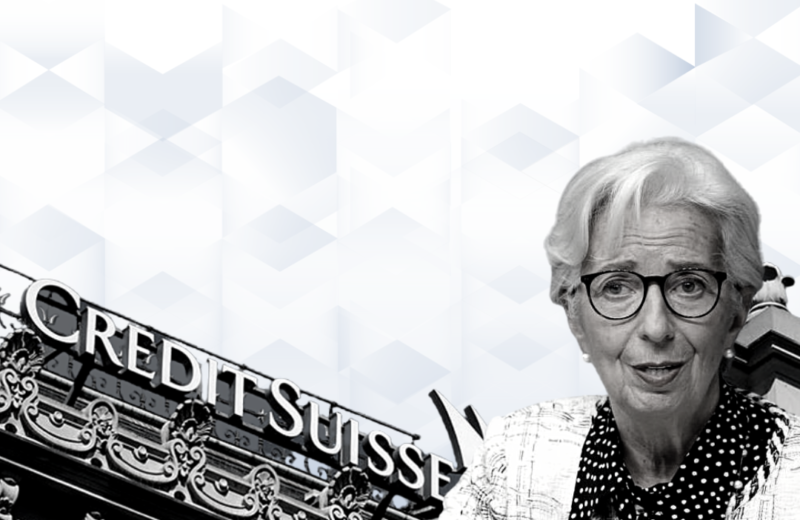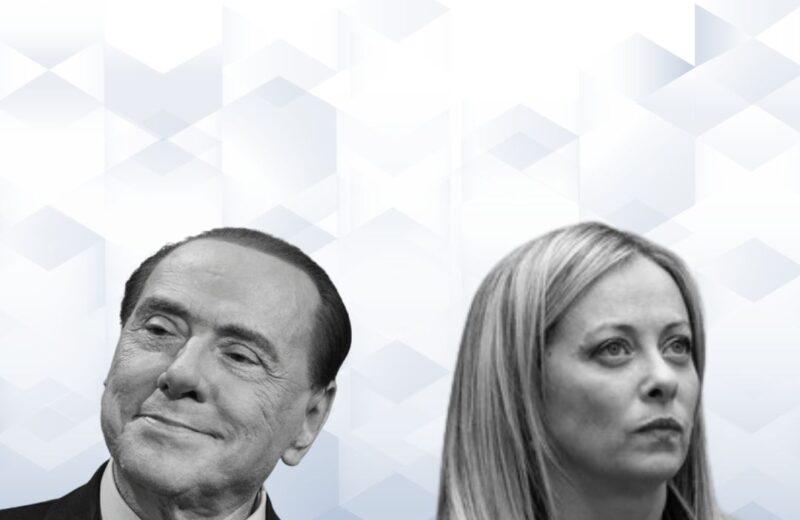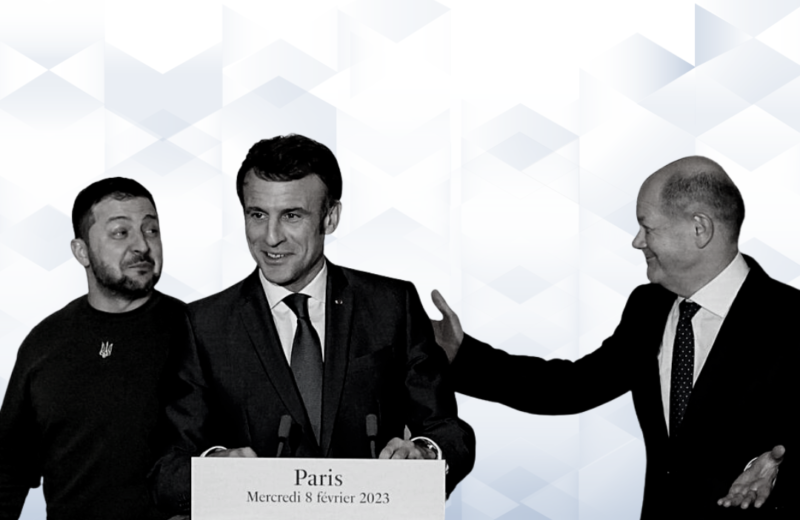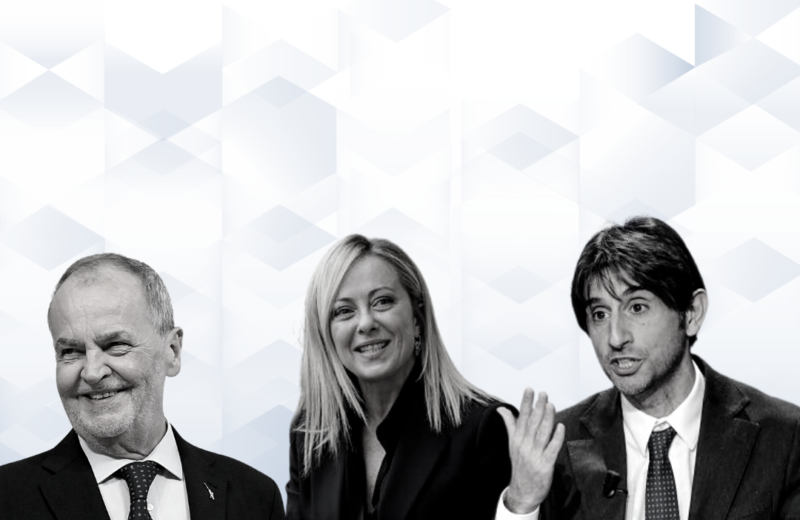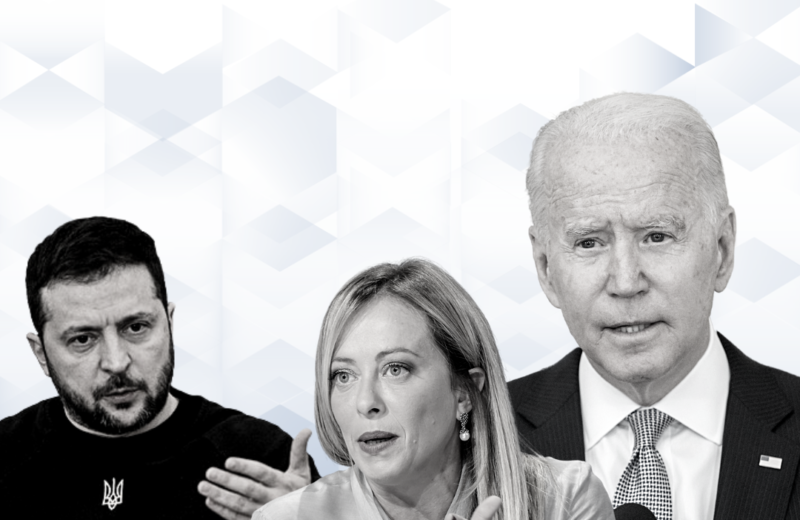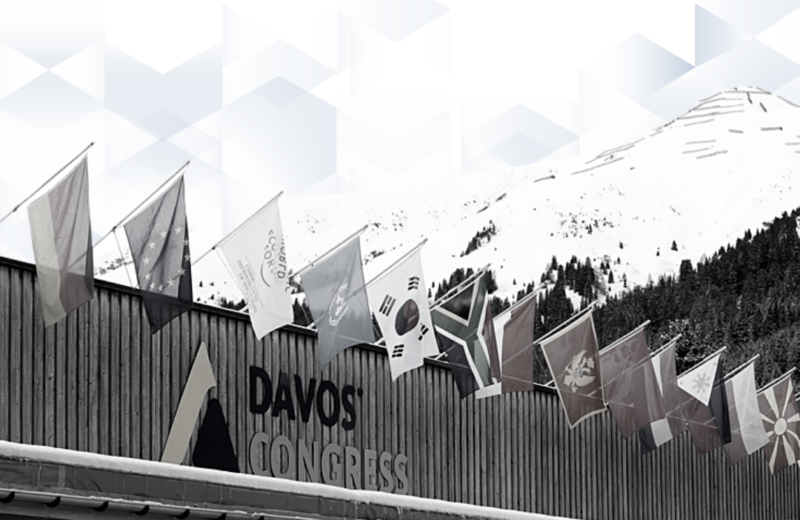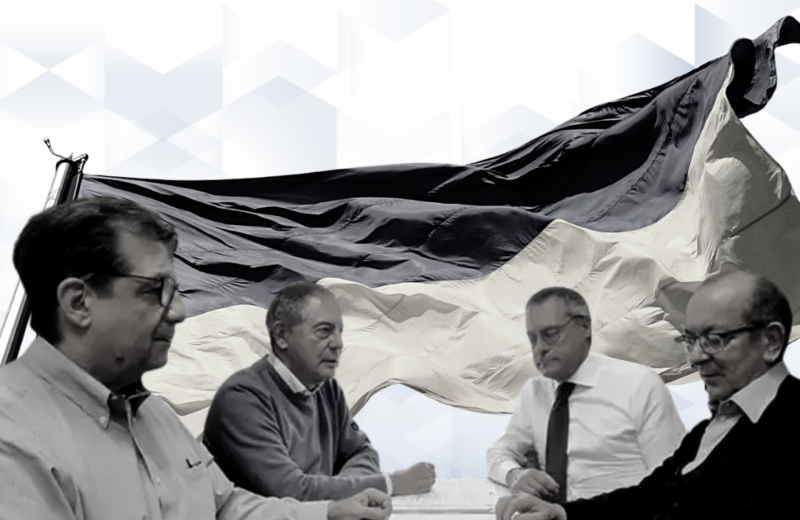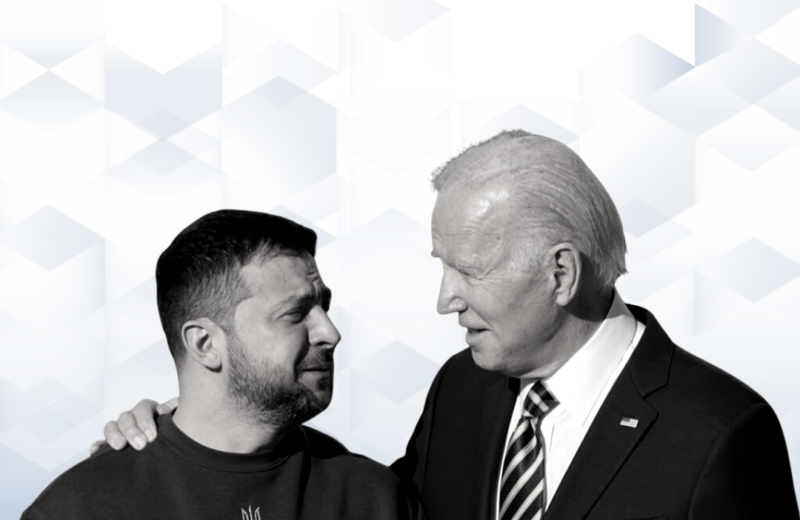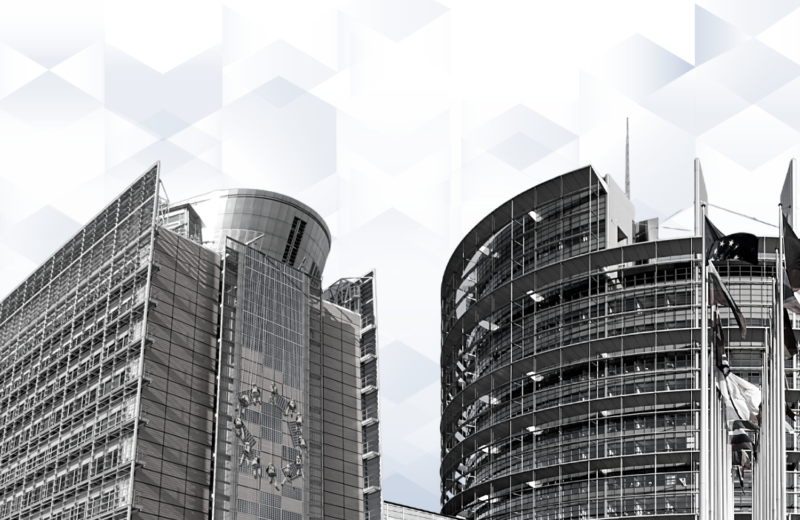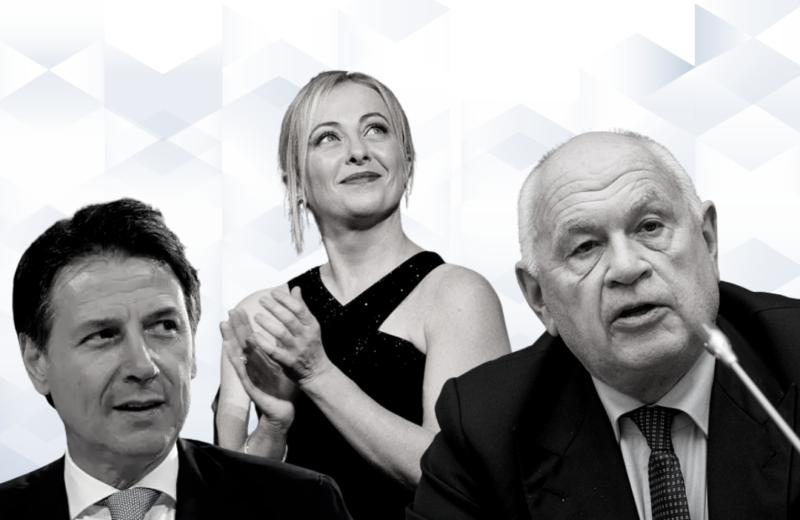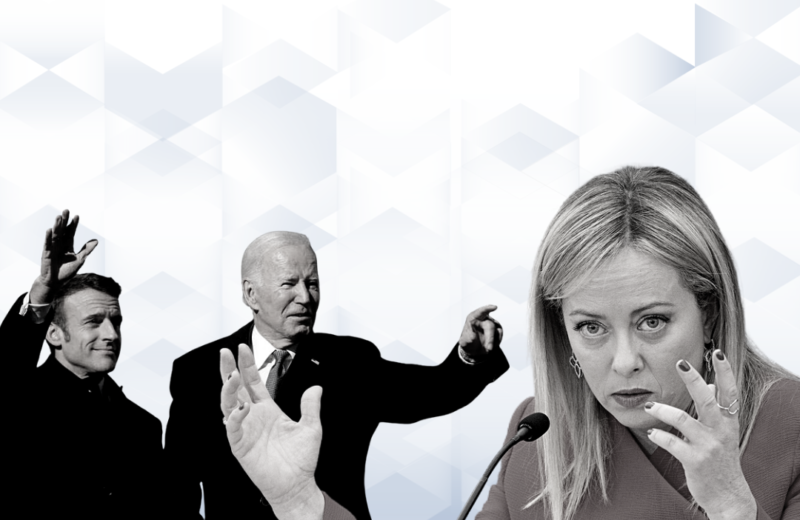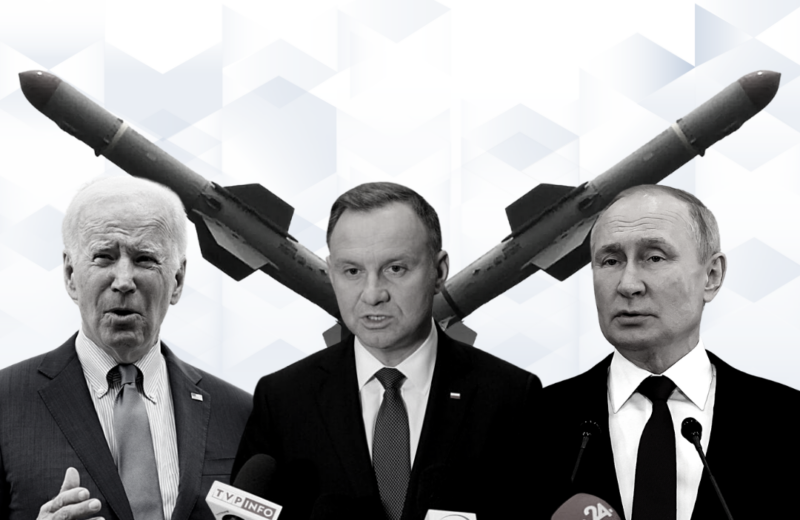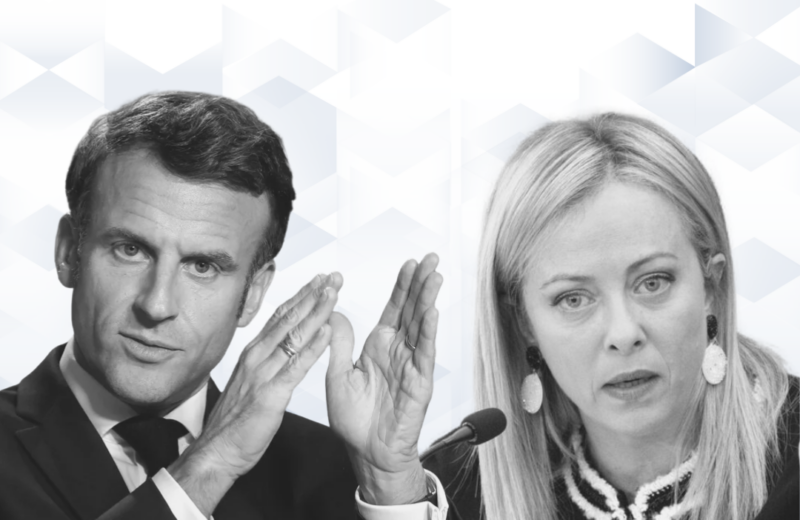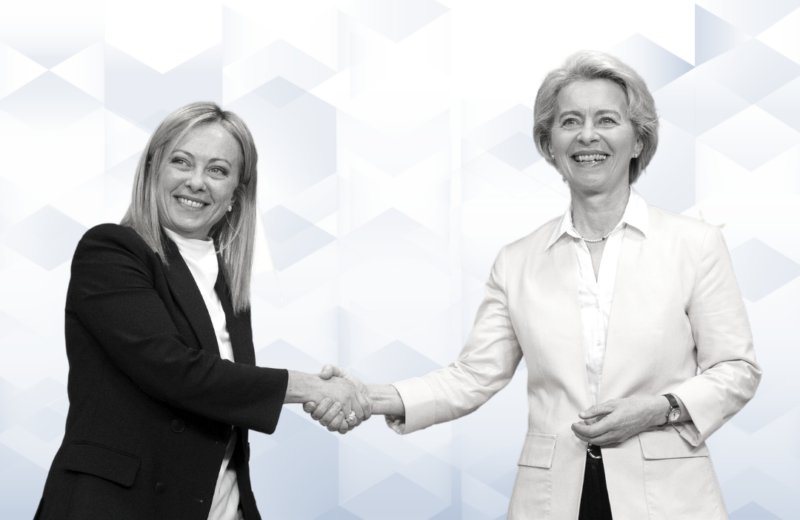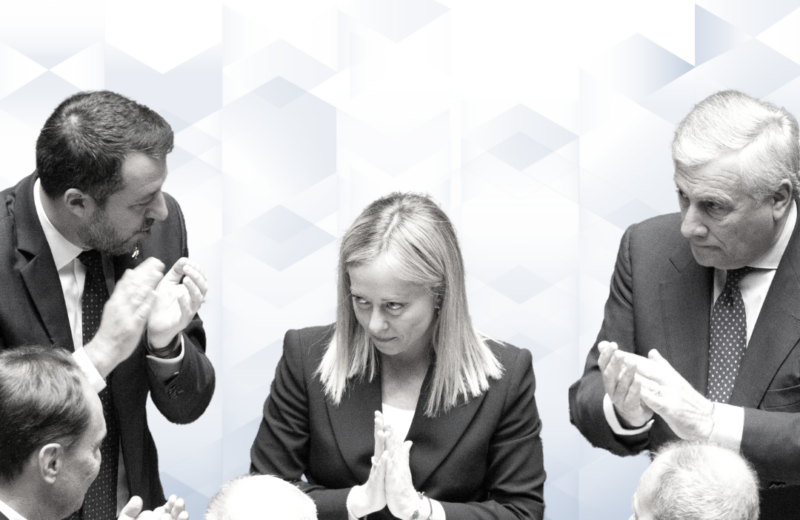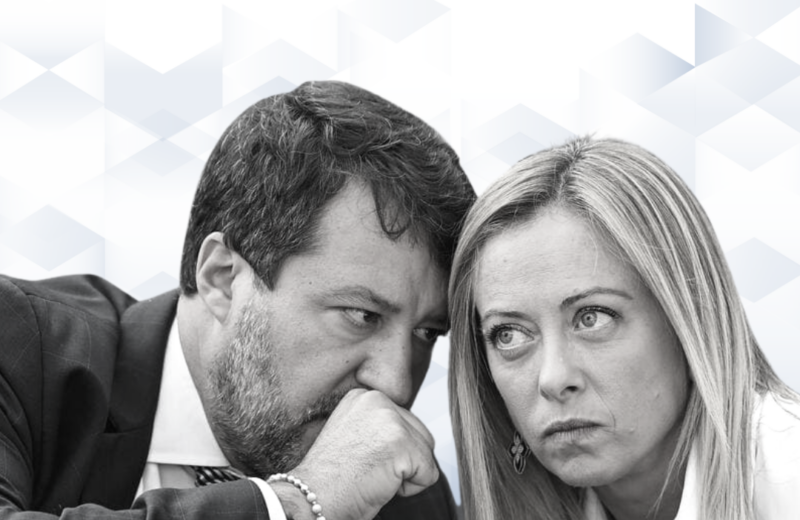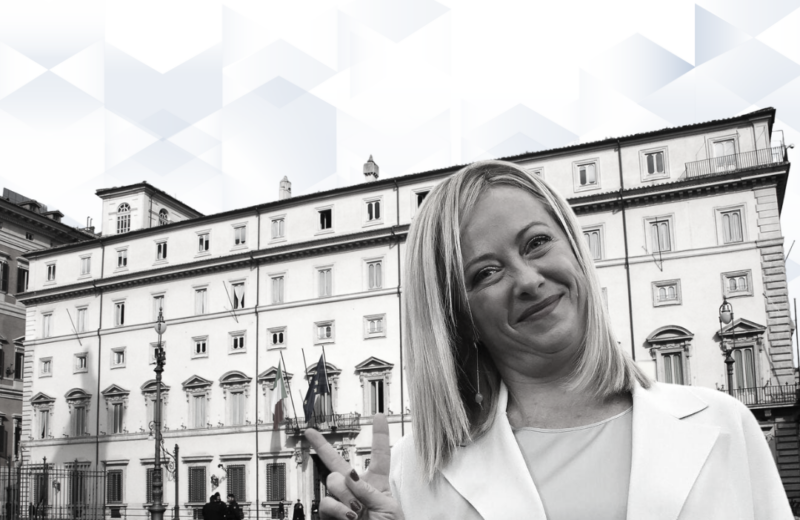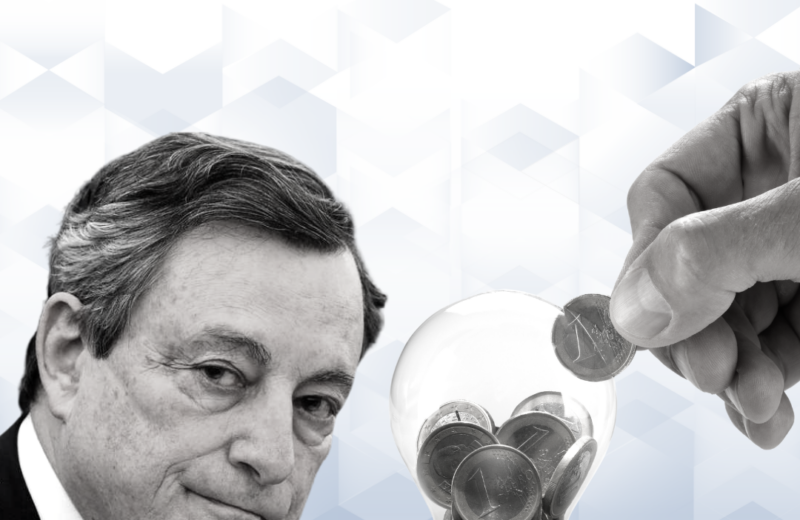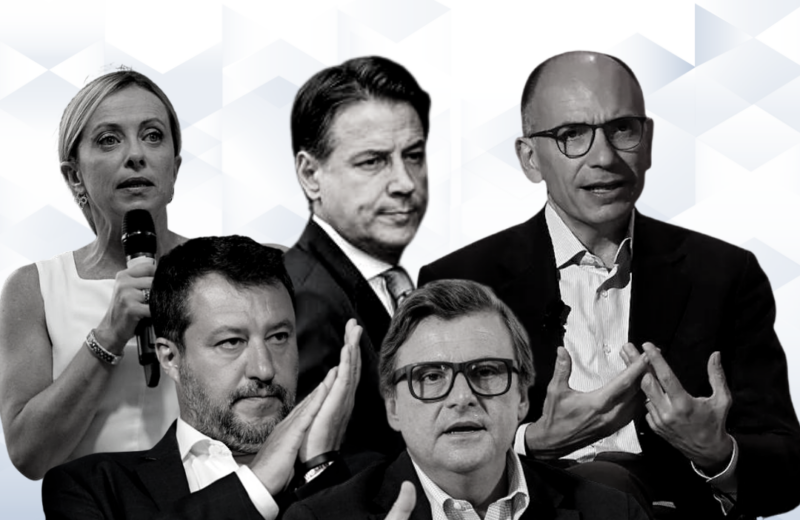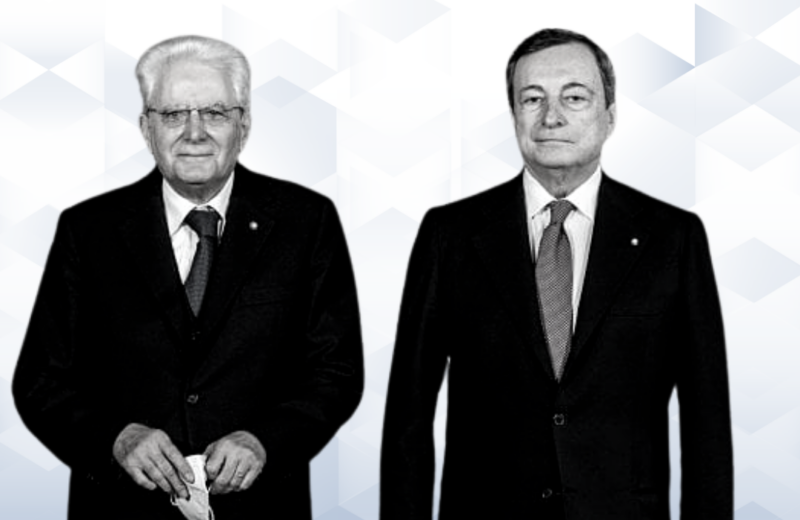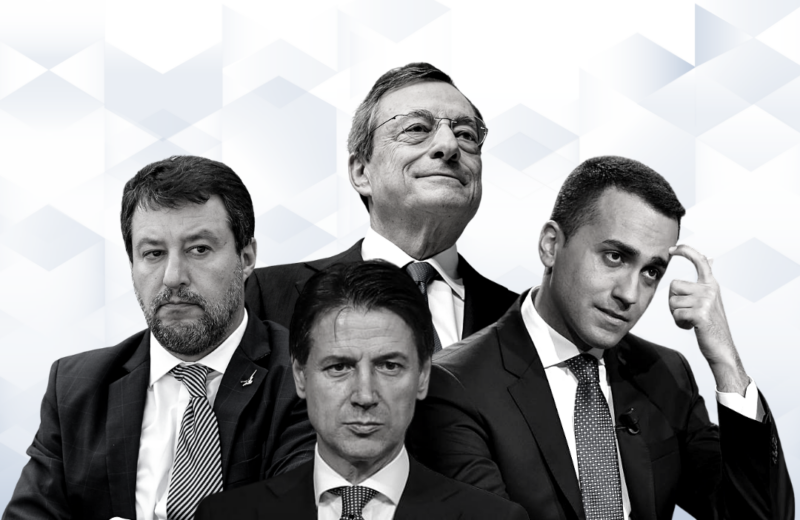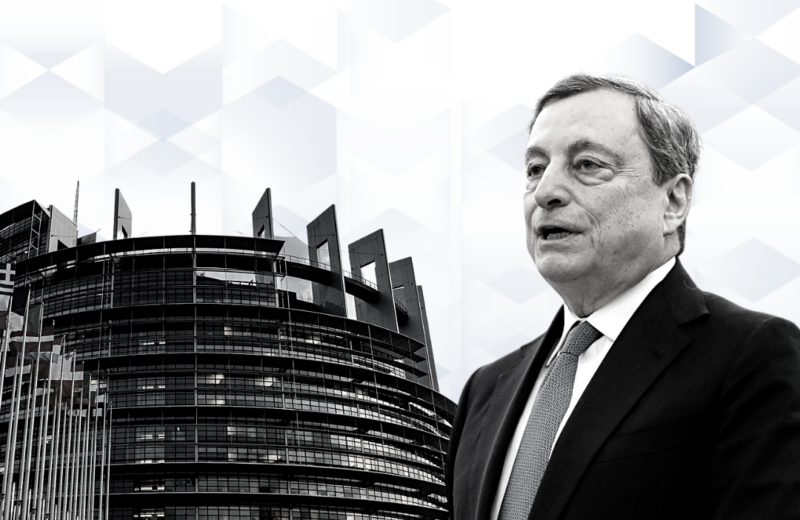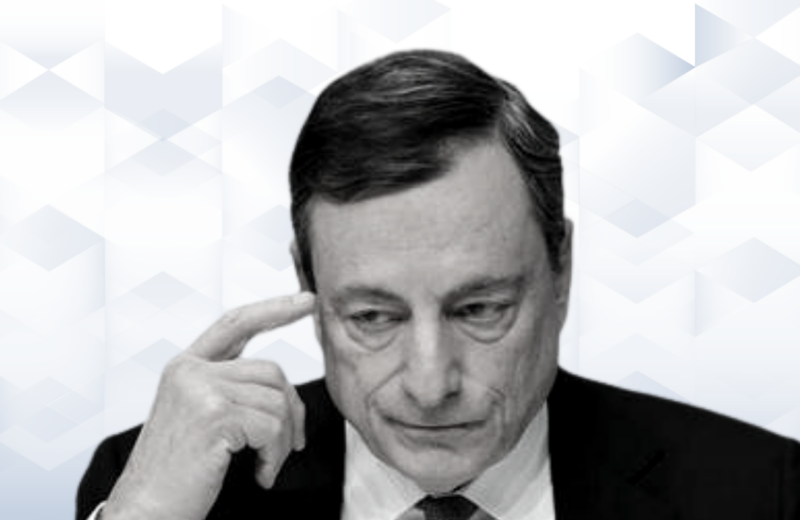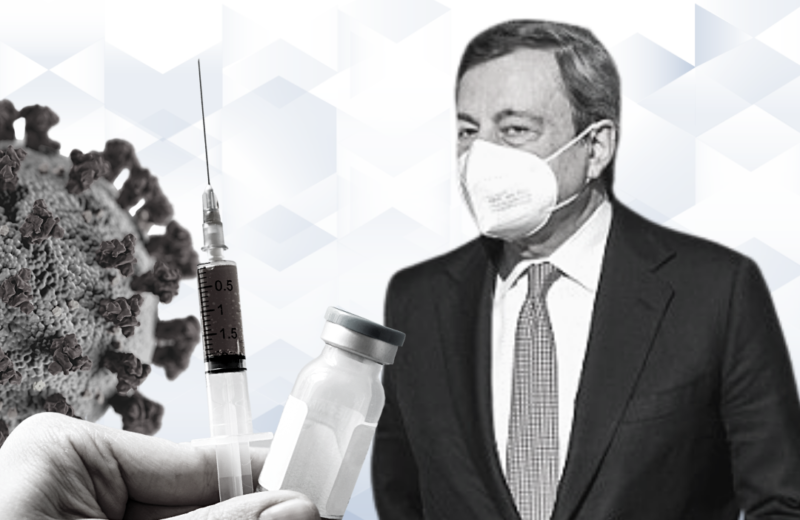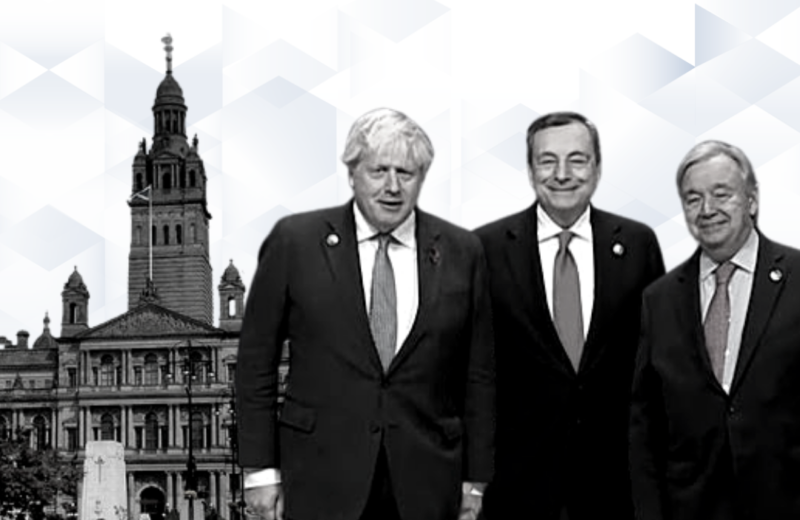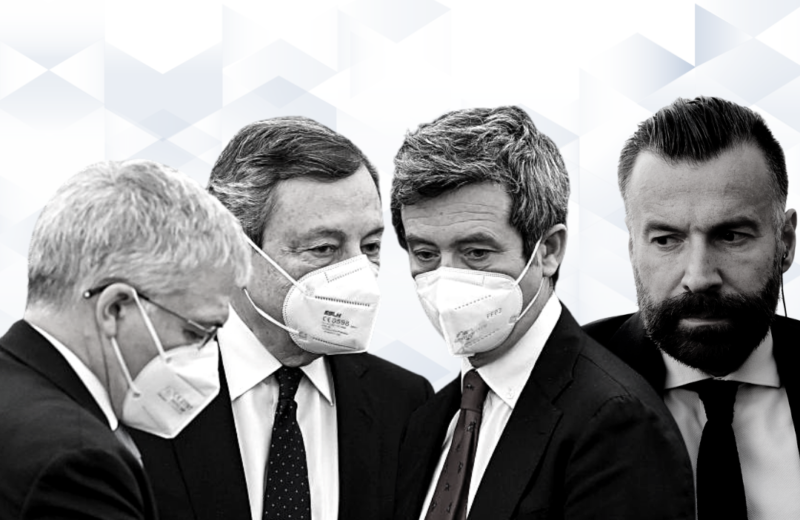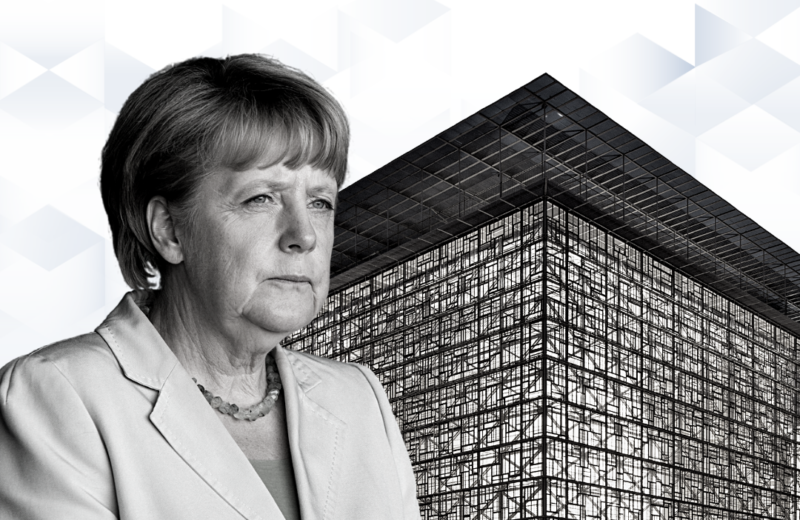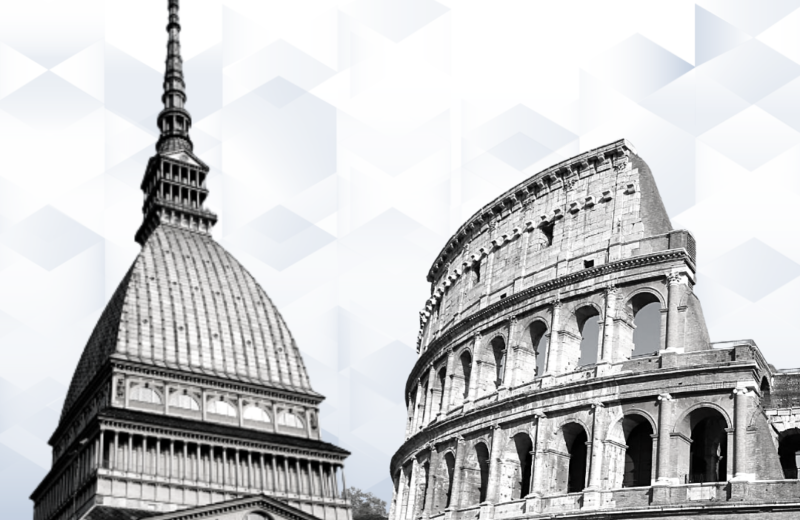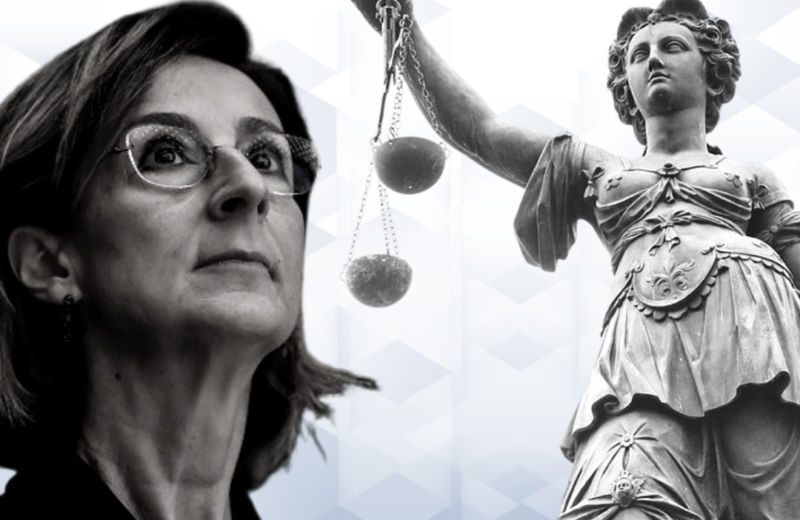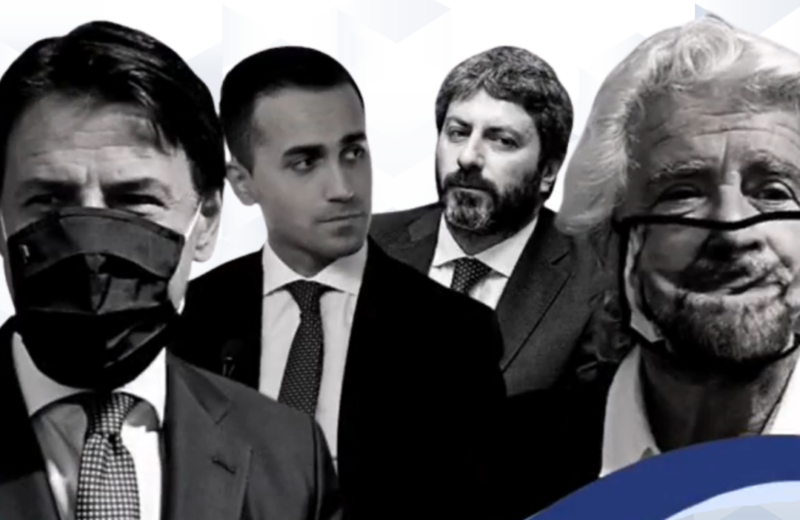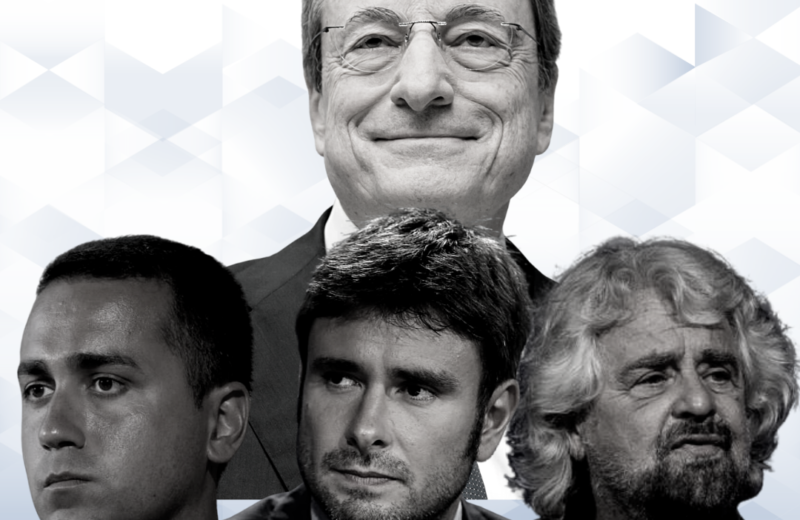Russia, Italy, Europe. The Routes of Consensus
With approximately 88% of the vote, Vladimir Putin won the presidential elections held last weekend in Russia, marking the largest victory in the country’s post-Soviet history. It was a widely expected result, considering that elections have not been conducted freely and fairly for some time, lacking any democratic guarantees: genuine opposition to the regime was not allowed, and voting occurred in an atmosphere where any dissent against the president was systematically suppressed. The other three candidates, those authorized by the Kremlin, received only between 2% and 5% of the votes, while voter turnout was just under 75%: a record figure strongly influenced by regime coercion. Thus begins, amid considerable controversy, Putin’s fifth term, formally set to end in 2030. However, a constitutional amendment passed a few years ago allows the Russian president to remain in power until 2036. The Kremlin has claimed victory as unanimous support from the population for the invasion of Ukraine, and local media have repeatedly emphasized that the vote represents “a signal to Western countries”: in the four Ukrainian regions occupied and annexed in September 2022 (Donetsk, Luhansk, Zaporizhzhia, and Kherson), Putin’s score ranged from 88% to 94%. In reality, Putin’s electoral triumph, largely due to the irregularities in the conduct of the elections, also seems to be the result of three structural elements in the country: the lack of an alternative to the current president; the dependence of a large number of Russians on the state; widespread depoliticization that urges citizens to stay as far away as possible from political issues, especially to avoid endangering themselves.
The condemnation of the elections by Western chancelleries was unanimous, with some even suggesting formally disowning Putin as the legitimate head of state of the Russian Federation. The Italian Prime Minister also expressed such sentiments, reaffirming support for Kiev and disapproving of the “farce” elections, especially those in Ukrainian territory. Yet the Russian vote has also entered into domestic political debate, dividing the majority. Particularly noteworthy were the words of the deputy Prime Minister and Lega leader, Matteo Salvini, who emphasized on the election results, “when a people vote, they are always right: elections are always good, both when one wins and when one loses. When I lose, I try to understand where I went wrong and how to do better next time”. This is not the first time Salvini has expressed at least soft positions towards the Putin regime, embarrassing the government majority. Although the silence order on the deputy premier’s statements has been respected on Via della Scrofa, the irritation has been more than tangible in the party of Prime Minister Giorgia Meloni, who has made Atlanticism and support for Kiev one of the pillars of her foreign policy.
Especially if internal controversy arises on the eve of an important event like the European Council, which Meloni participated in on Thursday and Friday. Issues such as common defense, agricultural policy, alliance enlargement, and above all the war in Ukraine were at the center of debate among the twenty-seven heads of state. Fueled by what Council President Charles Michel described as a new “sense of urgency” regarding the war in Ukraine, the assembly discussed a radical increase in military and financial support for Kiev. To move from words to action, the 27 will also consider the possibility of confiscating billions of euros in interest on Russian assets and funds frozen since the beginning of the conflict: a way to make Moscow pay for the weapons destined for Ukraine. However, it is possible that international courts will condemn the move, based on treaties and law, and force the money to be returned, thus destroying Europe’s reputation as a safe haven for investors.
Meanwhile, radical right-wing movements are growing in Europe, as recent elections in the Netherlands and Portugal seem to confirm. Eyes are now on the upcoming European elections, scheduled for June, where for the first time the right could win more than one-fifth of the seats in the new Parliament. However, a recent Ipsos poll conducted for Euronews estimated that far-right and ultra-conservative parties would not have enough seats to form their own majority coalition, despite leading across the EU. According to the survey, the most valid parliamentary majority is currently the pro-EU grand coalition composed of the political and arithmetic sum of the European People’s Party (EPP) center-right, the Socialists, Democrats, and the liberal-democrats of Renew Europe: the same majority as the outgoing legislature. Despite the rise of the right, it seems possible that the balances in Strasbourg are not destined to be radically shaken.
